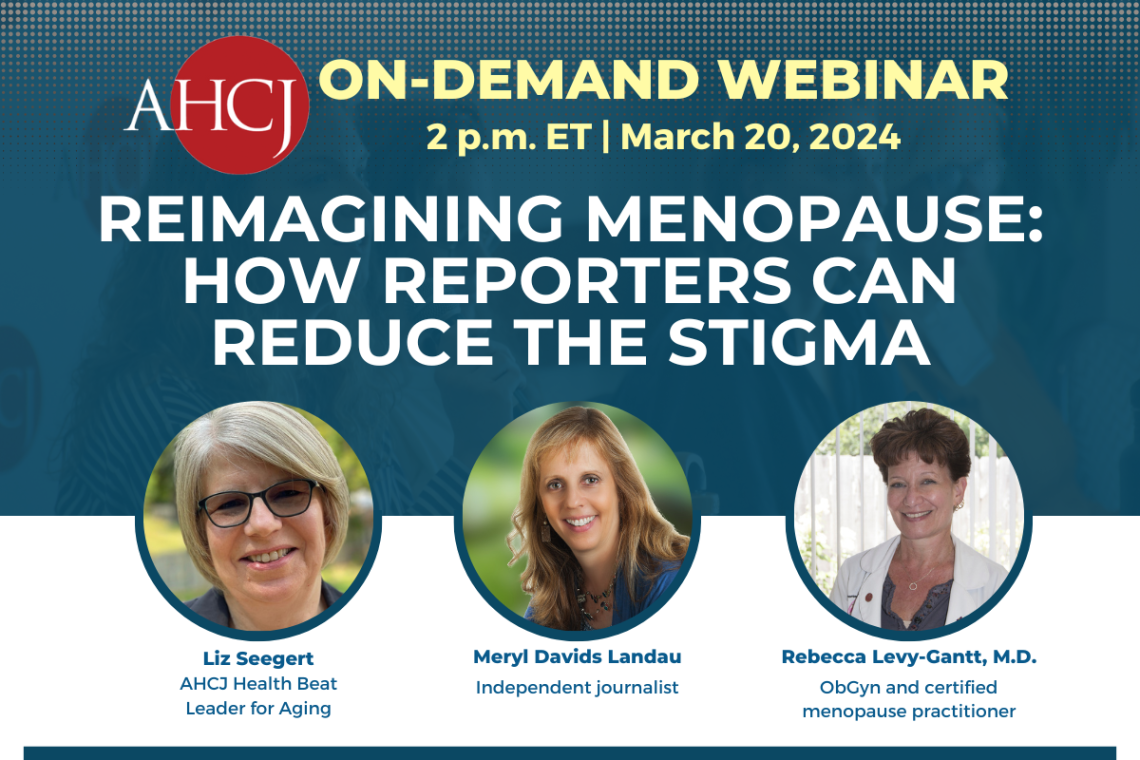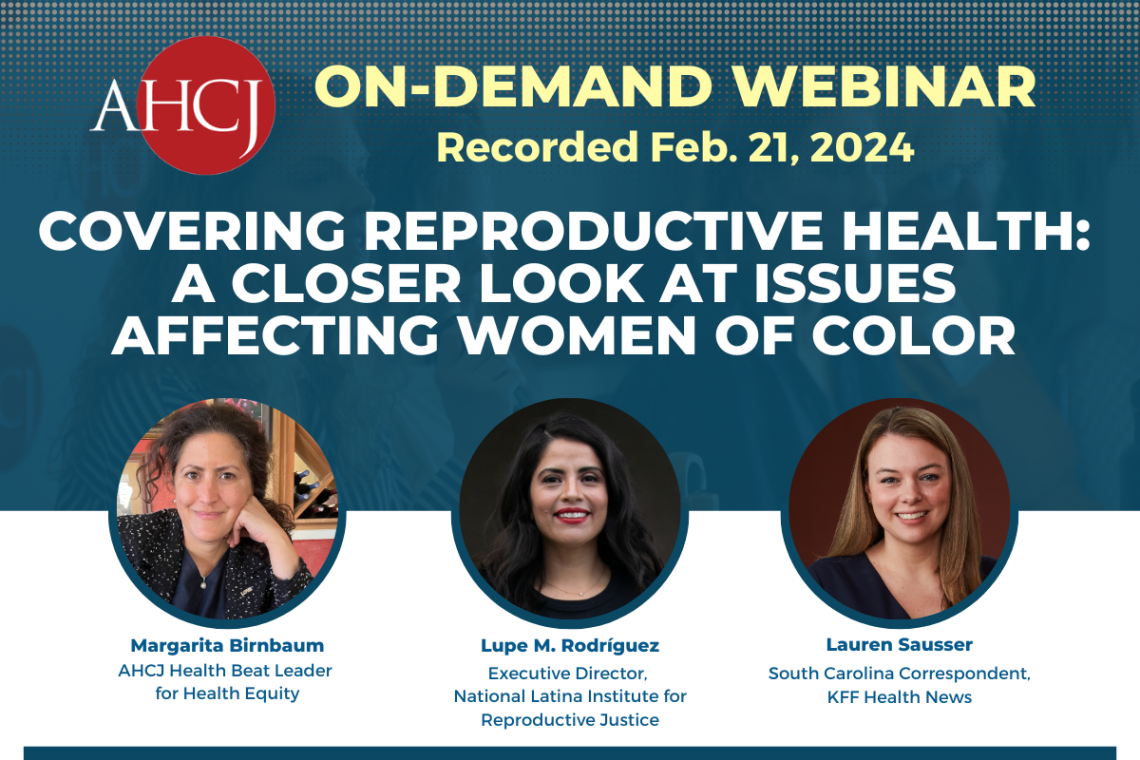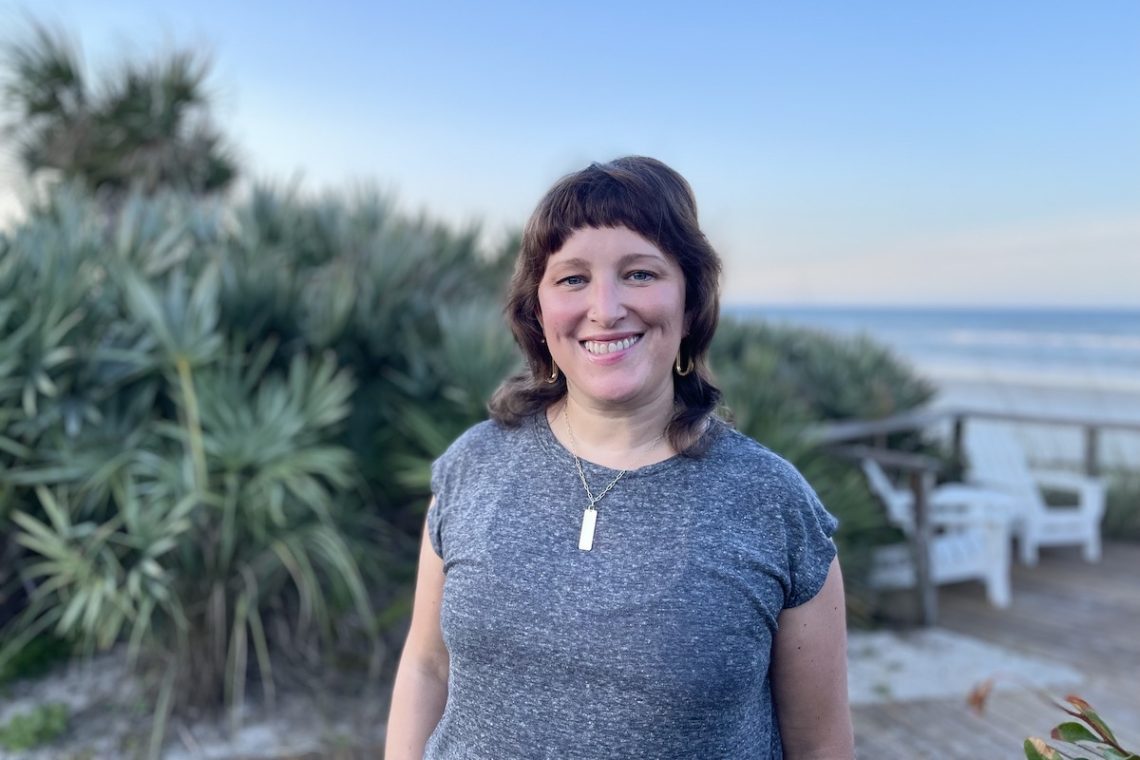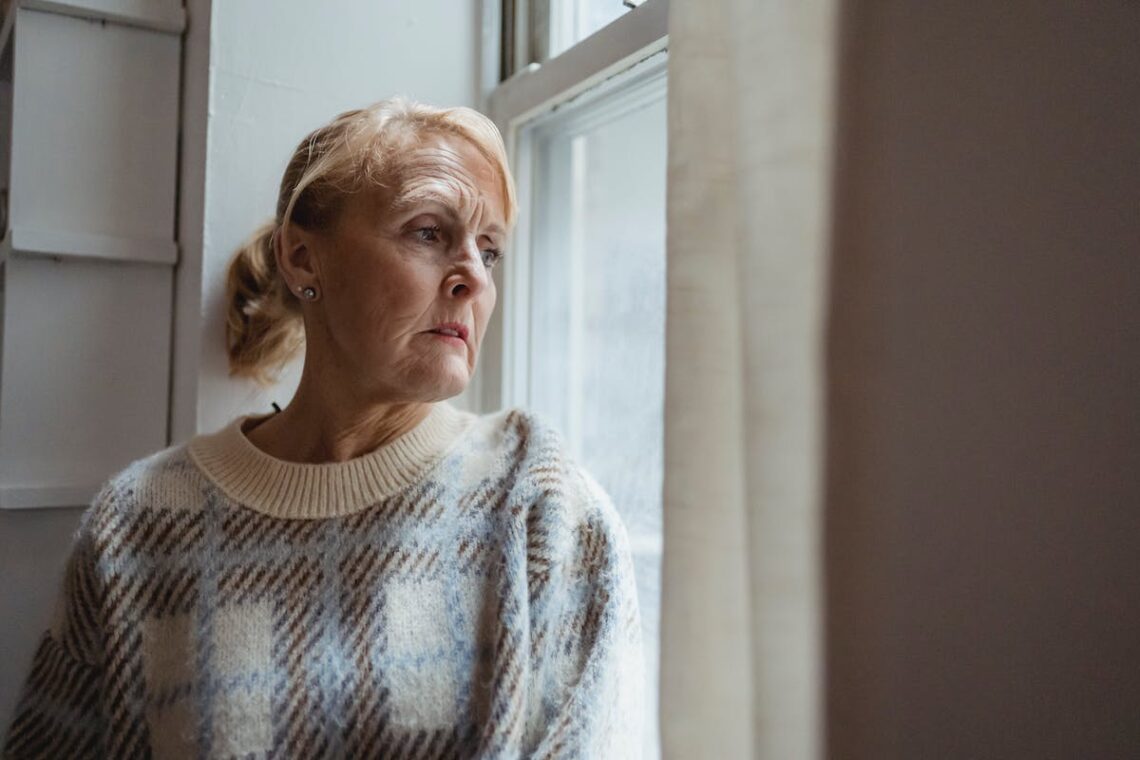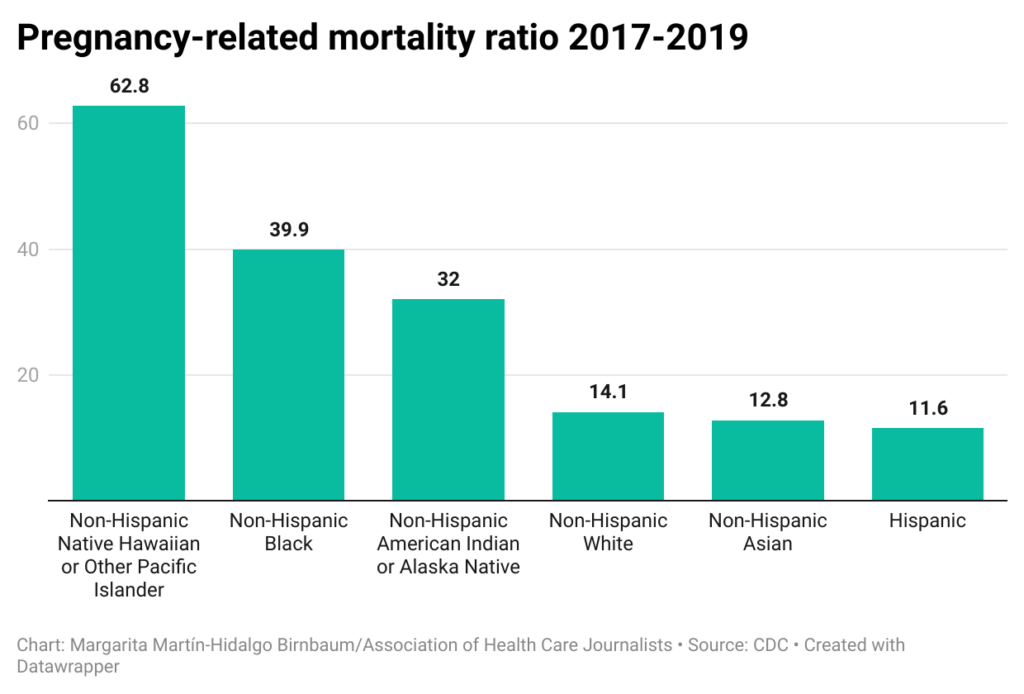Tag
women’s health
-
Reimagining menopause: How reporters can reduce the stigma
Half of the population will experience menopause, yet this time is fraught with mystery, misconceptions, and a lack of solid…

-
•
Reimagining menopause: How reporters can reduce the stigma
In this webinar, hear from a menopause specialist and a health journalist for guidance on how to report on this…

-
Covering reproductive health: A closer look at issues affecting women of color
In this webinar, we explore how abortion disinformation and misinformation among other things contribute to health issues for women of…
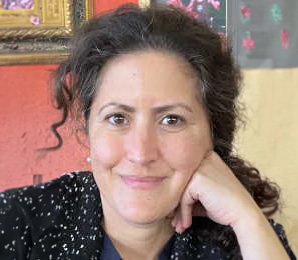
-
•
Covering reproductive health: A closer look at issues affecting women of color
In this webinar, we’ll explore how abortion disinformation and misinformation contribute to health issues for women of color.

-
How one reporter tracked the money trail behind efforts to limit medical abortion
Journalist Amanda Becker with The 19th showed how a conservative legal activist is a key figure in efforts to ban…

-
Eating more plant protein in midlife may help promote healthier aging in women, study says
A new study shows that women who eat more plant-based protein have fewer chronic diseases and generally age healthier.

-
Tip sheet: What to know about post-menopause health risks
Despite the health risks that affect half of the world’s population for a third of their lives or longer, many…

-
Influence of abortion disinformation and misinformation on health trends of women of color
Since the repeal of Roe v. Wade, thousands of clinicians and advocates who support abortion access have been playing defense…

-
Finding fresh approaches to reporting on the maternal mortality crisis
A recent analysis of state maternal mortality data offers journalists topic ideas they can expand on in articles about a…

